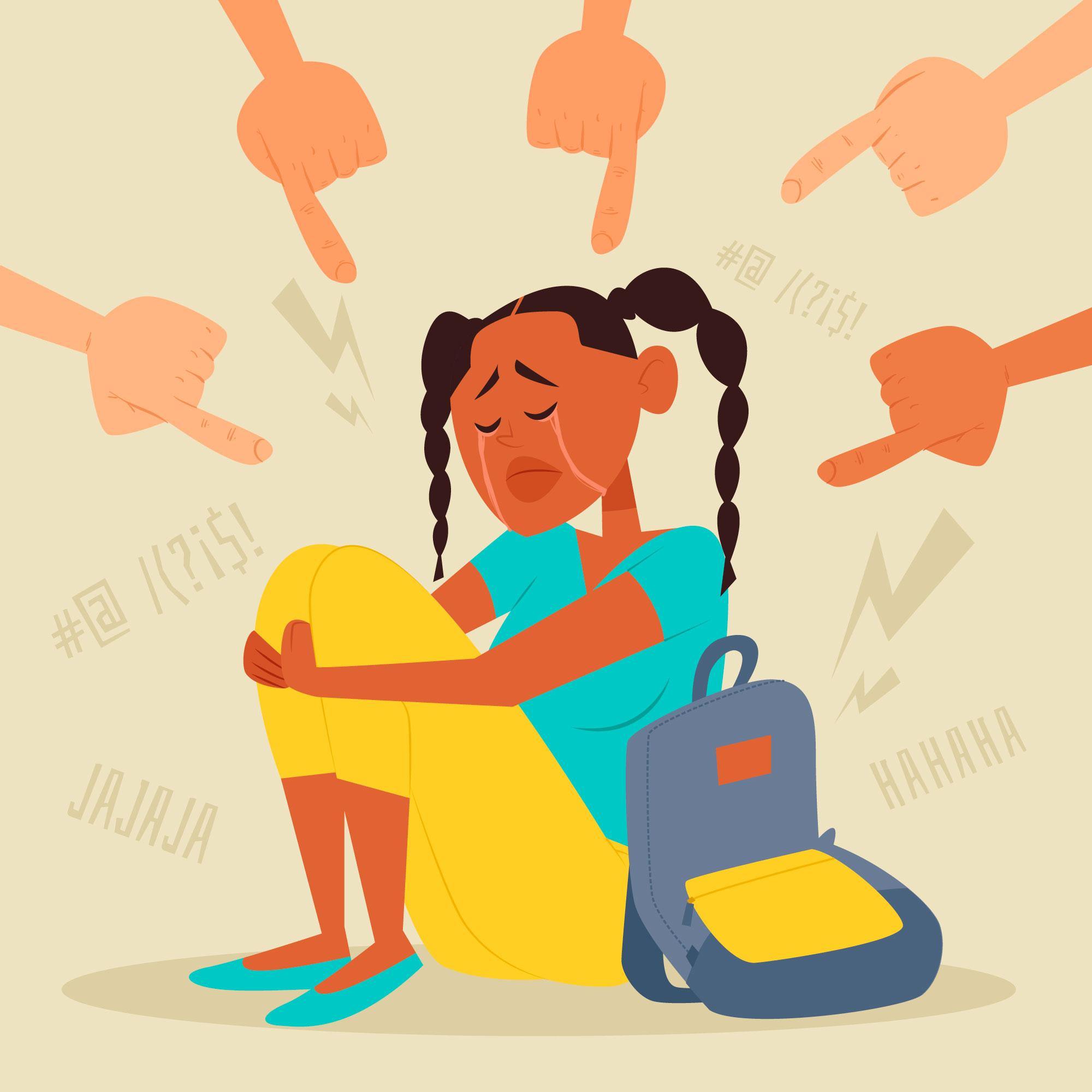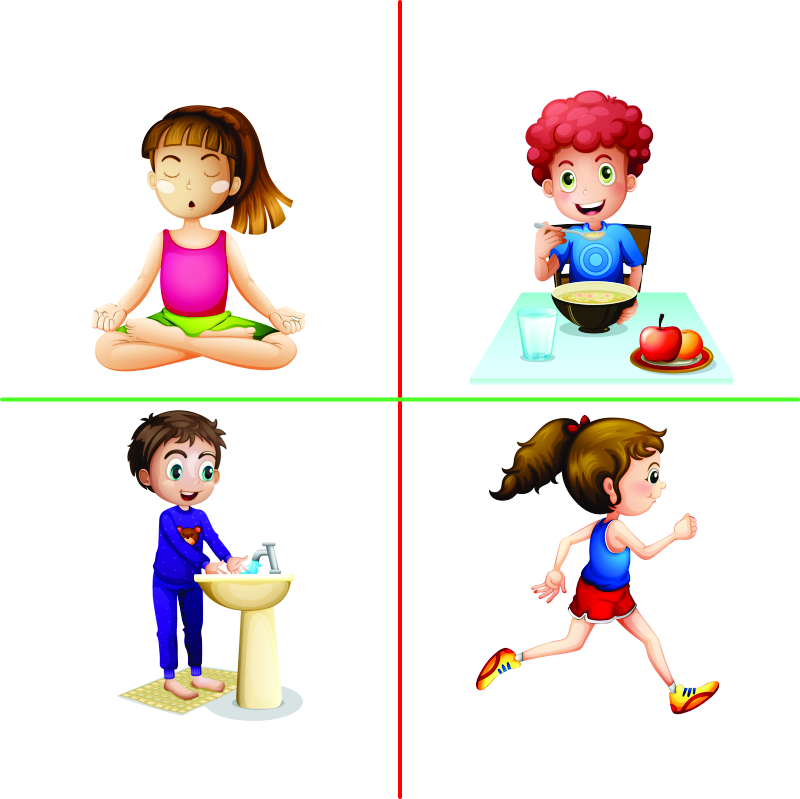Everyone is talking about mental health,but whatis mental health?
Some RocketScience?
In layman’s language, it is a lifestyle choice!
World Health Organization (WHO) says that mental health is “more than just the absence of mental disorders or disabilities.” It is bigger than it looks.
It includes our emotional, psychological, and social well-being. It affects how we think, how we feel, and further how we act.It also helps clarify how we handle stressand make appropriate choices. Mental health is important at every stage of life, be it childhood or adolescence or adulthood or even old age.Looking after mental health can safeguard one’s ability to revel in life. To pursue this lifestyle, one can start with reaching a balance between life activities, assignments, and efforts to attain psychological strength.
Looking at the fast paced and very competitive life style, over the course of our lives, we experience some turbulences mentally. Our behaviour and mood get affected by these instabilities.Very common factors contributing to this turbulence aka mental health challenges,can be:
- Biological factors, such as genes or brain chemistry
- Life experiences, such as trauma or abuse
- Family history of mental health problems
Mental health problems these days are common but, the good news is: ‘help is available’.
People with mental health problems can get better and many recover completely. For that, one must introspect and find out the trigger points. Sometimes our loved ones are suffering silently, it’s our responsibility to understand and help them in seeking help. There are a few early warning signs which we can look for to support our loved ones.
Not sure if you or someone you know is living with mental health problems?
Here are a few things we can look out for. Experiencing one or more of the following feelings or behaviors can be an early warning sign:
- Eating or sleeping too much or too little
- Pulling away from people and usual activities
- Having low or no energy
- Feeling disoriented or numb or like nothing matters
- Feeling helpless or hopeless
- Feeling unusually confused
- Feeling forgetful, on edge, angry, upset, worried, or scared
- Yelling or fighting with family and friends unnecessarily
- Experiencing severe mood swings that cause problems in relationships
- Having persistent thoughts, you can't get out of your head
- Inability to perform daily tasks like taking care of yourself or getting to work or school
Now, how can we maintain a balance? Let’s find out.
Ways to maintain positive mental health may include:
- Getting professional help if you need it
- Connecting with family and friends
- Take a break
- Staying positive
- Getting physically active, and working out
- Meditation and introspection
- Helping others
- Getting enough sleep
- Journaling and maintaining a daily diary
- Monitoring eating patterns and maintaining good eating habits. We become what we eat!
- Developing coping skills
- Feeling good about ourselves
Positive mental health allows us to realize our full potential. Coping up with these turbulences helps us work productively and make meaningful contributions to our lives as well as in our surroundings. It takes only one step to move towards a better lifestyle.
So, start today, make a difference!



.jpg)





.jpg)









